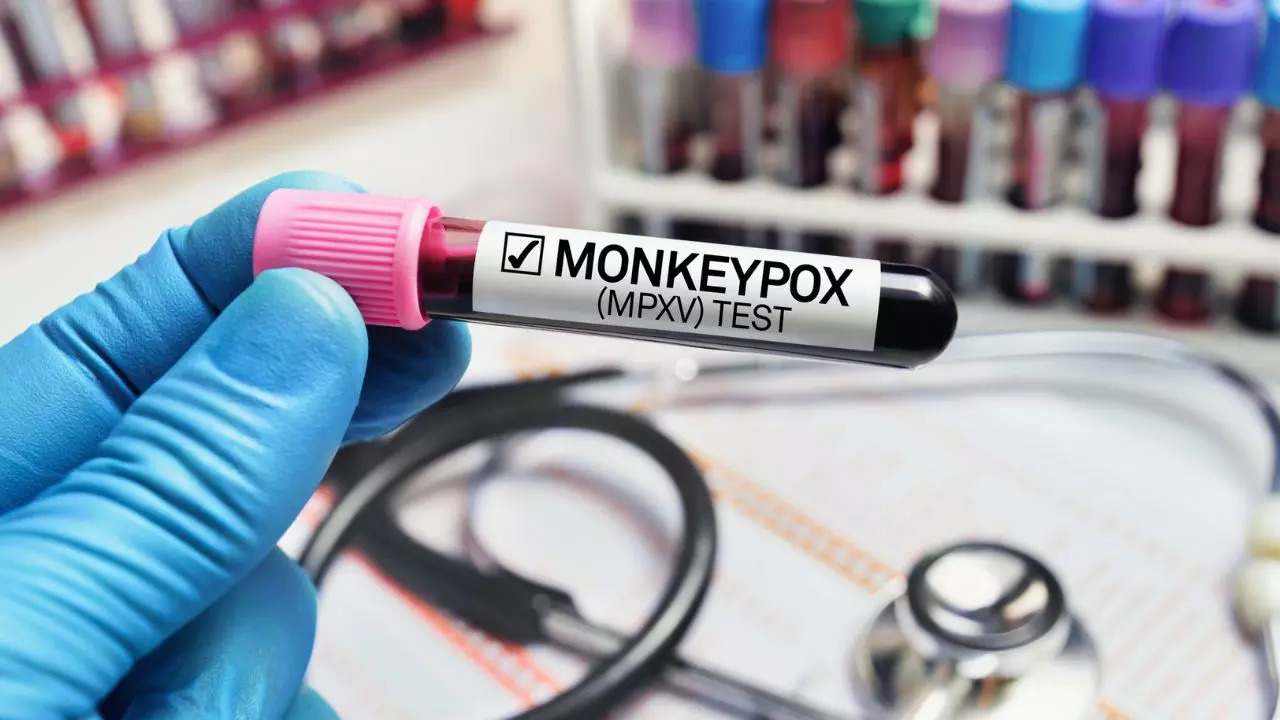Deadly new variant of Mpox virus is ‘highly likely’ in UK, expert says (Image: iStock)
An infectious disease expert has warned of a new, more deadly variant of Mpox In the UK, the Mpox clade 1b strain, formerly known as monkeypox, is more severe and has a higher mortality rate, experts say. Cases of this variant have already been confirmed in Sweden and Pakistan. It was first detected in the Democratic Republic of Congo (DRC).
In response, the world Health The organisation has declared a global health emergency, which is its highest alert level. Professor Paul Hunter, speaking to the media, said it is “highly likely” that there are already cases in the UK, although this has not been confirmed.
He said: “When someone gets an infection, it usually takes a number of days before it develops the classic appearance that would make people think ‘oh, this is mpox’. Then it can take longer before samples are taken and sent to the lab, identified as mpox and sent off for sequencing so we know what clade of mpox it is.”
What is Mpox Clade 1 version?
According to experts, Mpox has two forms: clade 1 in the Congo and other endemic regions, and clade 2, which spreads internationally. Clade 1 has a higher mortality rate, but that could reflect that people who contract it have less access to quality medical care.
Clade 1 viruses are generally more severe in symptoms and have higher rates of complications such as encephalitis, pneumonia, and respiratory illness, as well as secondary bacterial infections. They also cause severe rashes and larger lesions, and have a higher rate of person-to-person transmission, especially through respiratory droplets and close contact.
Scientists say the mortality rate in clade 1 is higher, ranging from 1 to 10 percent in some outbreaks.
However, clade 2, found mainly in West Africa, is milder and presents fewer complications.
What is Mpox??
According to the WHO, Mpox affects both humans and animals, as it belongs to the Orthopoxvirus genus, known for causing diseases characterized by a rash that includes bumps on the skin. These bumps usually contain fluid or pus, which eventually form scabs and heal.
The virus is primarily transmitted through close contact with an infected animal or person. Human-to-human transmission occurs through direct contact with skin lesions, body fluids, or respiratory droplets from an infected person and by touching contaminated objects. Mpox symptoms usually appear three to 21 days after exposure and may last two to four weeks.
While Mpox is a disease that usually resolves on its own, it causes many other life-threatening complications that can be fatal. Currently, there are no approved antiviral treatments for Mpox.
Disclaimer:
The information contained in this post is for general information purposes only. We make no representations or warranties of any kind, express or implied, about the completeness, accuracy, reliability, suitability or availability with respect to the website or the information, products, services, or related graphics contained on the post for any purpose.
We respect the intellectual property rights of content creators. If you are the owner of any material featured on our website and have concerns about its use, please contact us. We are committed to addressing any copyright issues promptly and will remove any material within 2 days of receiving a request from the rightful owner.

